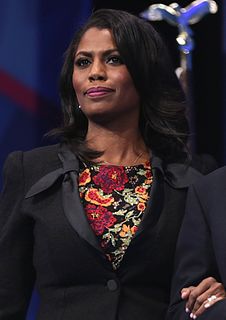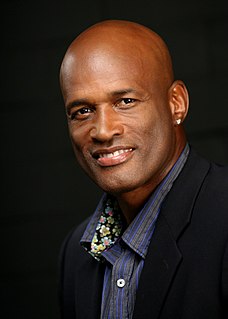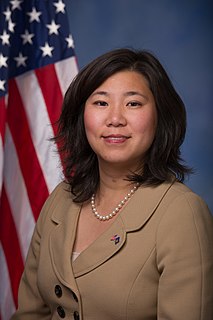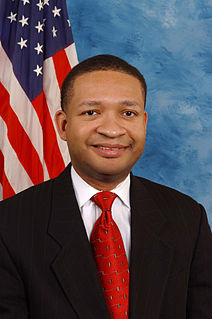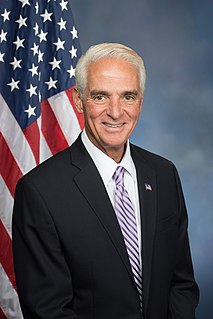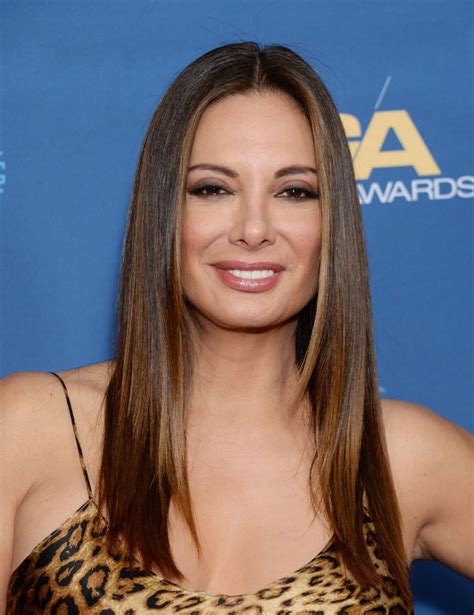A Quote by Henry Louis Gates
Fortunately, in President Obama, the child of an African and an American, we finally have a leader who is uniquely positioned to bridge the great reparations divide.
Related Quotes
I serve on the Institute of the Black World's National Commission on African-American Reparations, and we have asked the President [Barack Obama] to, by executive order, establish a commission to study reparations. He can do this without Congressional approval. While I am not optimistic, I do hope that President Obama considers this in these waning months of his Presidency.
There were people who voted for Obama simply because he was the first African-American. We had a lot of people that would not have voted for Obama but who did because they really hoped that the nation, making the statement electing an African-American president, would prove once and for all that this is not a racist nation. I believe that there were all kinds of people that voted for Obama with that hope. That was the reason. Everything else was irrelevant to them.
With respect to Barack Obama, let's face it; Barack Obama is an iconic figure in the African-American community. We respect that. We understand that. African-Americans are going to vote for the first black president, especially when he happens to share the liberal politics on economic issues that many in that community hold.
This is a column collection, or as one colleague called it, "history in real time," recounting my perspective on the highs and lows of this presidency from an African-American perspective. More than simply a column collection, the book has a substantial introduction that frames the [Barack] Obama presidency, explores the way Obama was treated by the political establishment and also how this first black president treated "his" people. In the epilogue, I use numbers to tell the story of African-American gains and losses during this presidency.
I sit here as the first African-American attorney general, serving the first African-American President of the United States. And that has to show that we have made a great deal of progress. But there's still more we have to travel along this road so we get to the place that is consistent with our founding ideals.
I happen to think that Hillary Clinton is a beacon of hope for younger girls, as was Barack Obama in other inspirational areas. We've now had an African American president, possibly a woman president, it's pretty cool. As far as she is concerned, whether man or woman, she is capable and experienced to be president.


